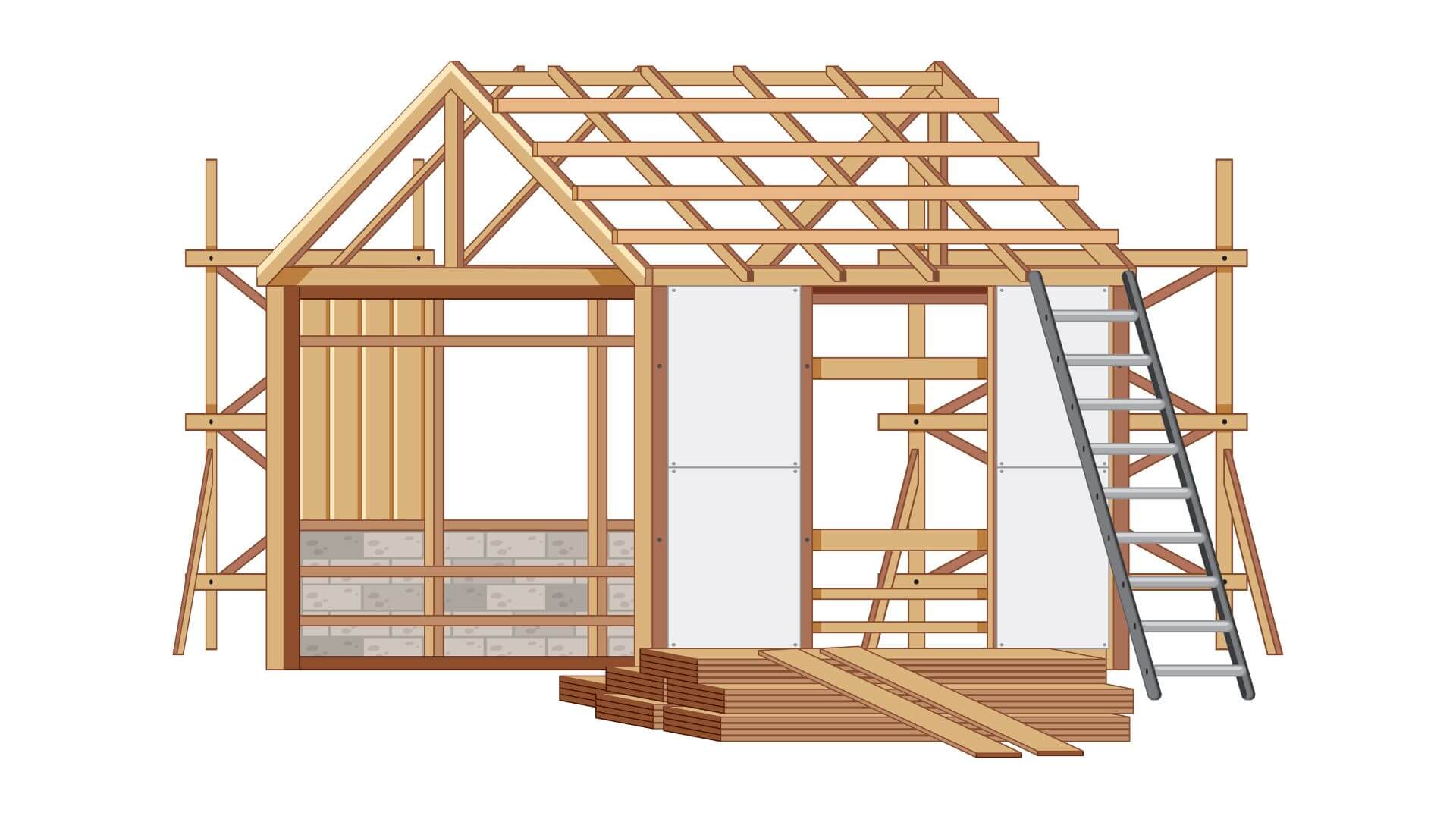Probate is a legal process that occurs after someone passes away, concerning the distribution of their assets, including real estate. During probate, a house is evaluated, debts are settled, and ownership is transferred according to the deceased's will or state laws. Understanding how a house is handled in probate can clarify what heirs might expect as they navigate this complex process.
Many people wonder what happens to the property during probate. The house may need to be maintained, sold, or kept by the heirs, depending on various factors such as the wishes outlined in the will and the financial obligations of the estate. As probate can be a lengthy process, it often brings uncertainty about the future of the home, making awareness of these details essential for heirs.
For those with a stake in a probation estate, recognizing their rights and responsibilities is crucial. Being informed about each phase can help streamline the process and alleviate some of the stress that accompanies the loss of a loved one. This article will explore the journey of a house through probate, shedding light on what individuals can anticipate.
Understanding Probate
Probate is a legal process that occurs after a person passes away, primarily involving the distribution of their estate. This section details the definition and purpose of probate as well as an overview of the probate process.
Definition and Purpose of Probate
Probate is the court-supervised procedure that validates a deceased person's will. It ensures that assets are distributed according to the decedent's wishes.
The primary purpose of probate is to resolve any claims against the estate, pay off debts, and distribute the remaining assets. It provides a systematic way to handle potential disputes among heirs and beneficiaries.
In many cases, an estate planning and probate attorney assists in handling these matters. They ensure compliance with state laws and can help expedite the process.
Probate Process Overview
The probate process generally follows a series of steps. Initially, the executor named in the will files a petition in probate court to initiate proceedings.
Once the court approves the will and appoints the executor, the next step involves inventorying the deceased's assets. This includes real estate, personal property, and financial accounts.
Next, debts and taxes must be settled before the distribution of assets. This can often take several months or years, depending on the estate's complexity.
Finally, remaining assets are distributed to the beneficiaries. This process is crucial for upholding the decedent's wishes while maintaining legal compliance.
The Role of Executors and Probate Attorneys
Executors and probate attorneys play critical roles in managing a house during the probate process. Understanding their responsibilities ensures an efficient handling of estate matters.
Appointment and Responsibilities of Executors
An executor is appointed in a will to administer the deceased’s estate. If no will exists, the court may assign an executor known as an administrator.
Their responsibilities include:
Identifying Assets: The executor must locate and inventory all assets, including real estate, personal property, and financial accounts.
Managing Finances: They handle debts and expenses related to the estate, ensuring that bills are paid and taxes filed.
Distributing Assets: Once debts are settled, the executor distributes the remaining assets to beneficiaries as per the will or state law.
The executor must act in the best interest of the estate, adhering to legal and ethical standards throughout the process.
How Probate Attorneys Assist
Probate attorneys provide essential guidance throughout the probate process. Their expertise helps streamline complex procedures.
Key roles include:
Legal Advice: They interpret laws and inform executors about their rights and responsibilities within the probate framework.
Document Preparation: Attorneys prepare necessary legal documents for court filings, including the probate petition and inventory.
Representation in Court: If disputes arise among beneficiaries or creditors, probate attorneys represent the executor in court.
By assisting executors, probate attorneys help navigate challenges, reducing the risk of legal issues that may prolong the probate process.
Financial Implications
When a house goes through probate, several financial factors come into play. Understanding the estate’s value, along with obligations like debts and taxes, is crucial for beneficiaries.
Assessment of the Estate's Value
Determining the value of the estate is a key step in probate. An appraisal is typically conducted to establish the current market value of the home. This valuation affects how assets are distributed and the potential tax liability.
Beneficiaries may need to hire a professional appraiser. They can provide an unbiased estimate, which can be beneficial in disputes or negotiations. The value of the home will also impact the overall size of the estate for tax purposes.
Debt Settlement and Taxes
Probate can involve settling any debts owed by the deceased. Creditors may make claims against the estate, and these debts must be paid before any asset distribution occurs. This can include mortgages, credit card debts, or personal loans.
Taxes also come into play, particularly estate taxes. Depending on the property's value and the estate’s total worth, taxes may need to be settled during probate. It is advisable for executors or administrators to consult with tax professionals to navigate these obligations properly.
Distribution of Assets
The distribution of assets in probate involves identifying legal heirs and beneficiaries, and subsequently transferring ownership of the property. This process ensures that the deceased's property is appropriately allocated according to the will or state laws.
Legal Heirs and Beneficiaries
Legal heirs are individuals identified by law to inherit a deceased person's estate when there is no will. This group typically includes spouses, children, and sometimes extended family members. Beneficiaries, on the other hand, are individuals explicitly named in a will to receive specific assets.
Probate courts oversee the distribution process, confirming the validity of the will and ensuring all debts are settled before assets are distributed. If there is no will, intestacy laws dictate how assets are divided among surviving relatives.
Transferring Ownership
Transferring ownership of a house during probate requires careful documentation. After confirming the rightful heirs and beneficiaries, the executor must initiate the transfer process. This involves preparing and filing a deed that formally records the change in ownership with the county recorder's office.
Any mortgages or liens on the property must be addressed before the title can be transferred. The executor will usually provide estate accounting to ensure all transactions are recorded. If a house is sold, the proceeds are distributed according to the will or state laws.





